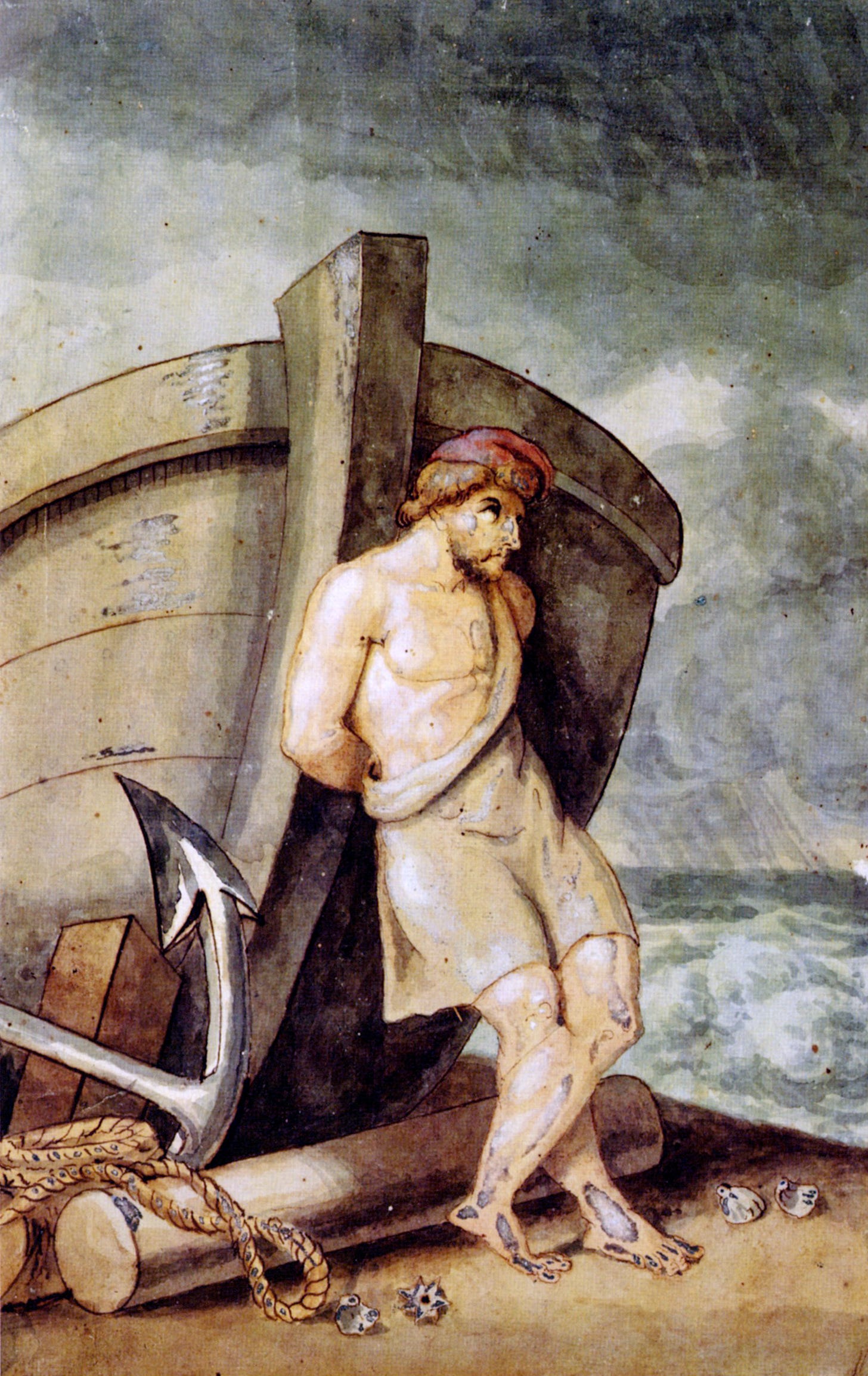Metamorphosis in Auster and Shteyngart
Things fall apart.
Middlebrow has indulged simultaneous Paul Auster and Gary Shteyngart kicks this year and stumbled upon a startling thematic recurrence in three disparate books. In each, the protagonist descends from a functioning life to one of homelessness. When I suggested this to a friend, he responded that it was an expression of white male privilege and a desire to “lose it all,” meaning to shed problems and worries for some imagined, primeval state.
There’s a lot to that, but it doesn’t seem like the whole answer.
The Auster novels are City of Glass, a detective story and the first entry in his “New York Trilogy” and Moon Palace, a sort of biography of a young man in 1960s America. The Shteyngart is Lake Success, his novel about the excesses of the hedge fund world, though the theme shows up again in muted forms in Our Country Friends, his pandemic mash-up of Anton Chekov’s The Seagull and Uncle Vanya.
In City of Glass, a mystery writer named Quinn receives a phone call from somebody who mistakes him for a private investigator named Paul Auster. Quinn decides to take on Auster’s identity and to take the case, which is to keep tabs on a psychopath who has returned from prison to torment the adult son he had abused horribly decades before. Along the way, Quinn meets Paul Auster the novelist and grows obsessed with protecting his client.
But maybe there is no client or it was some other ruse. Quinn hides himself in an alley outside of the father’s hotel and he resolves to watch the man constantly, breaking only for brief sleep in the middle of the night and to buy food. Over time, his money runs out and he transforms into an inhabitant of the alley.
In Moon Palace, the orphan Marco Stanley Fogg, a graduate of Columbia University with a seemingly bright future, has a similar experience in the Central Park of the 1960s. Unlike the isolated Quinn, Fogg is eventually rescued and resuscitated by friends. He becomes caretaker to an artist named Julian Barber. Decades earlier Barber had joined a horseback painting expedition to the Utah desert, where he had taken on the identity of an impoverished hermit and lived for years. People in New York thought Barber dead and he returned to the City under the alias Thomas Effing. Notably, Barber left his wife and infant son behind and never returns to him. This not only supports the “white man chucks it all” hypothesis, but ties into the Shteyngart take on the theme.
In Lake Success, a hedge fund manager named Barry Cohen sets off on a cross country bus trip to find himself, America and his college girlfriend. He deliberately strips himself of his executive assistant, access to his NetJet and his credit cards. We later learn that the cards have to go because he doesn’t want to be tracked by the Federal Bureau of Investigation, as he is an insider trading suspect. His travels impoverish him (temporarily, as he has all the money he will ever need waiting at home) and he sheds his New York identity to become indistinguishable from the hand-to-mouth Greyhound travelers around him. Like Barber/Effing, Cohen had also abandoned his wife and child, though Cohen does eventually complete the circle home (in a way).
It may all well be nothing more than priggish escapism at work here, but in these three stories, I also see echoes of Odysseus. First, of course, there’s the massive Odysseus arc. When he leaves to join the siege of Troy he is the celebrated King of Ithaca. His wife and son are left behind. Then, over the course of the war and the journey home, Odysseus is stripped of everything — ships, treasures, men and status. When he finally returns home, he is washed up naked from the sea. He is completely reborn. Nobody but a particularly loyal shepherd and his dog even know who he is. So he takes on the identity of a beggar as a first step in reclaiming his kingdom.
Through that lens, the descent into poverty isn’t so much about escape but about a necessary shedding of everything to find renewal. Everything that was is an impediment to what could be.
At the end of Moon Palace, Marco Fogg takes his own trip to Utah and has his car and all of the wealth he has accumulated stolen and is left, once again, to sleep out in the open air: “By the time I woke up the next morning, shivering against the cold, it struck me that the theft had not been committed by men. It was a prank of the gods, an act of divine malice whose only object was to crush me.”
Lake Success also winds up with the hero returning home. Cohen’s journey, though comic and made worse by his deep flaws and narcissism, has the most in common with Odysseus because both men are able to reclaim the wealth that they left behind. Odysseus is, despite all that happened, the rightful King of Ithaca. Cohen is, despite it all, fabulously rich.
That Odyssey journey seems to fit well into both Moon Palace and Lake Success but it doesn’t rhyme as easily with the more Kafkaesque world of City of Glass. There I see parallels to a smaller but also vital part of the Odysseus story — his trip to the underworld where he confronts the spirits of the people fought and died either alongside him or under his leadership. That sojourn was no escape, it was a headlong confrontation with the capriciousness of death.
It may be that in contemporary fiction it is harder to depict a journey to death and back but that, given our fears and anxieties, a trip towards poverty is just as terrifyingly meaningful.

Love it!